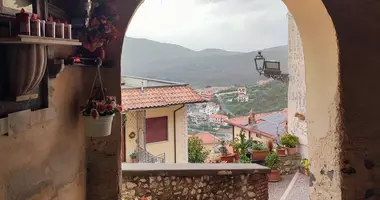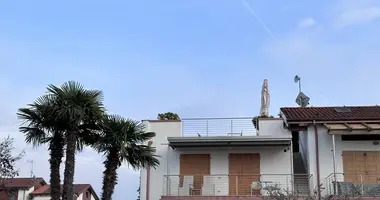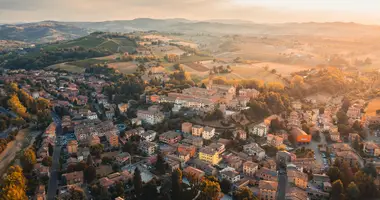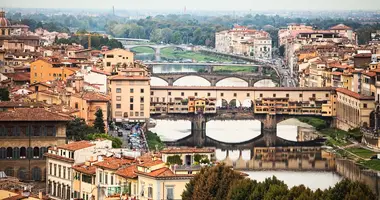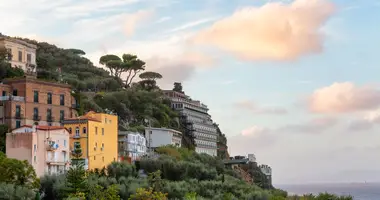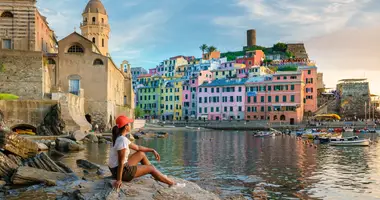Italy is rich in history, stunning landscapes and a comfortable climate, which attracts the attention of those who want to invest in real estate. Buying a new building in Italy is a profitable investment not only for renting out, but also for permanent residence in the country.
Features of Housing in New Buildings in Italy
New housing in Italy combines modern construction technologies and a characteristic Italian style. The main advantages of buying new buildings:
- Modern materials and technologies. Developers in Italy use energy-efficient and environmentally friendly materials for long-term savings on utility costs.
- Convenient layouts. Real estate under construction in Italy is spacious and has functional layouts that optimize living space.
- Developed infrastructure. Most new buildings are built in areas with good transport accessibility, shops, schools and parks.
- Investment attractiveness. Real estate under construction in Italy is becoming increasingly popular due to stable demand and rising prices.
Prices for New Buildings in Italy
Prices for new home construction in Italy vary depending on the region and type of housing. The average cost of a new apartment is about €2,500–€4,000 per sq.m., but in large cities or resort areas prices can reach €7,000–€10,000 per sq.m.
Examples of the cost of new housing:
- In Rome: from €4,000 per sq.m.
- In Milan: from €5,000 per sq.m.
- On the coast, for example, in Liguria or Tuscany: from €3,500 per sq.m.
Buying real estate in Italy from a developer allows you to save money due to the absence of agency commissions.
Nuances of Buying Real Estate in an Italian New Building
When buying real estate from a developer, it is important to check his reputation and documents for the property. This step is especially necessary for off-plan projects in Italy, because a developer with a bad reputation can save on the quality of materials.
If the company's reputation is good, the next step is to find a suitable bank that can provide the most favorable lending conditions. It is worth checking with the bank right away whether it works with foreign citizens.
In addition to the cost of the property itself, it is worth considering taxes and notary fees, which make up approximately 5-10% of the transaction amount.
Popular Cities and Regions for Real Estate in Italy from the Developer
Italy is large enough to offer regions of all kinds, from plains and coasts to foothills and wooded areas. Let's look at the most popular:
- Rome. The capital of the country, where there are many new buildings in Italy, located in prestigious areas.
- Milan. The economic center of Italy, known for its modern residential complexes. Smart home projects are actively developing here.
- Florence. The city of art and culture, where new housing with classic Italian architecture is actively being built.
- Venice. A unique city with a limited number of land plots. The cost of new Italian housing here is above average, but the investment pays off through rent.
- Sicily. The northern region of Italy, characterized by more attractive prices and a mild climate.
Guides on Buying New Builds in Italy
Frequently asked questions about new buildings in Italy
How much does 1 m² of housing from a developer in Italy cost?
Where are new apartment complexes in Italy being built most actively?
What are the advantages of new home construction in Italy from a developer compared to real estate on the secondary market?
- the highest energy efficiency class - A or B, allowing apartment owners to save on utility bills;
- convenient layout;
- modern communications;
- absence of mold, which is a significant problem in areas with high humidity;
- the presence of all necessary infrastructure within walking distance and parking spaces.

















